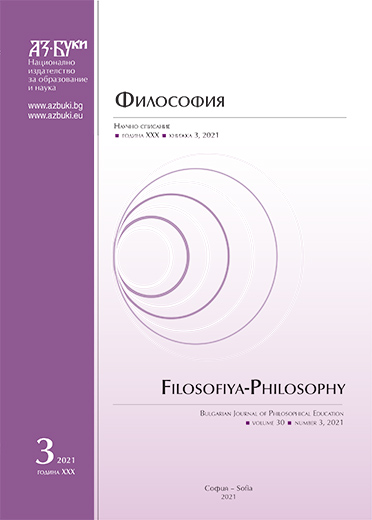The Idea of “Philosophy-as-a-Way-of-Life” in Plato’s Dialogs
The Idea of “Philosophy-as-a-Way-of-Life” in Plato’s Dialogs
Author(s): Oleg BazalukSubject(s): Politics / Political Sciences, Philosophy, Social Sciences, Education, History of Philosophy, Philosophical Traditions, Epistemology, Ethics / Practical Philosophy, Political Philosophy, Social Philosophy, Special Branches of Philosophy, Ancient Philosphy, Existentialism, Philosophy of Mind, Political psychology, Vocational Education, Phenomenology
Published by: Национално издателство за образование и наука „Аз-буки“
Keywords: Plato; human sophia; phronesis; political education;psyche;
Summary/Abstract: Werner Jaeger argued that Plato was perhaps the first to use the word mould, πλάττινν, for the act. It follows from Plato’s philosophy that the arete is unable to independently free itself from hiddenness and overcome the boundaries of the physical world to master the “human sophia.” Plato’s philosophy creates a recognizable image of political education: education as the moulding of a certain “correctness of the gaze” on the image of the highest idea. The moulding power of the transcendental ideal is used to establish the focus and limits of self-realization. A specific discourse and way of life are formed that provides the mastering of the “human sophia.” We have designated the method of achieving “human sophia” with the metaphor “philosophy-as-away-of-life.”
Journal: Философия
- Issue Year: 30/2021
- Issue No: 3
- Page Range: 223-231
- Page Count: 9
- Language: English
- Content File-PDF

